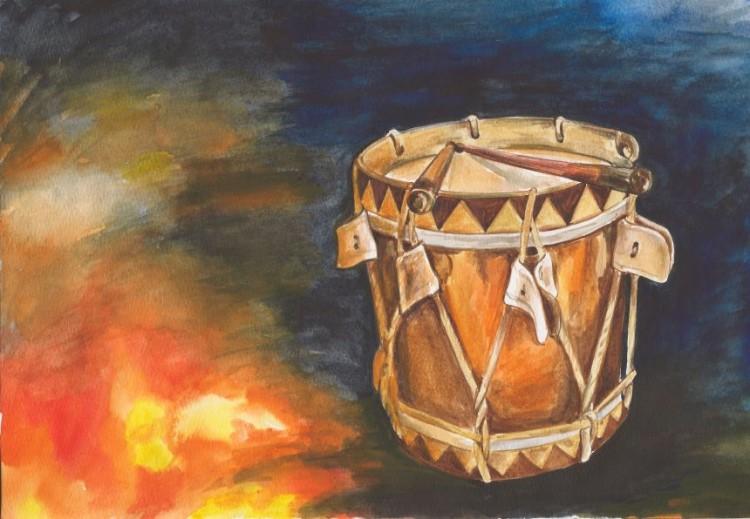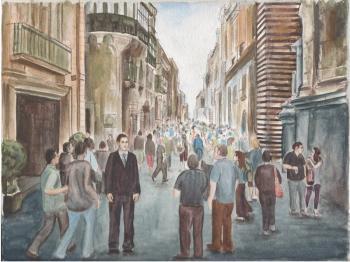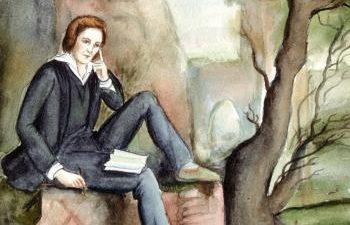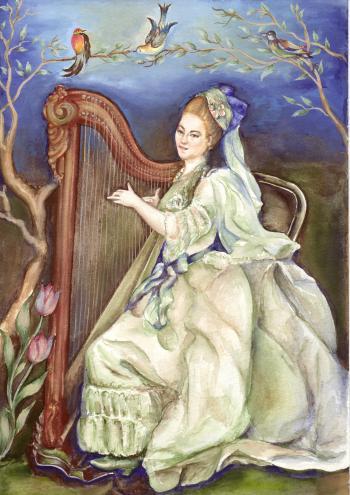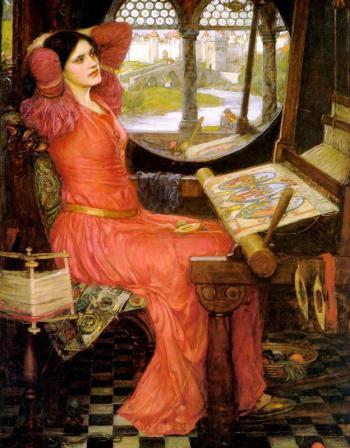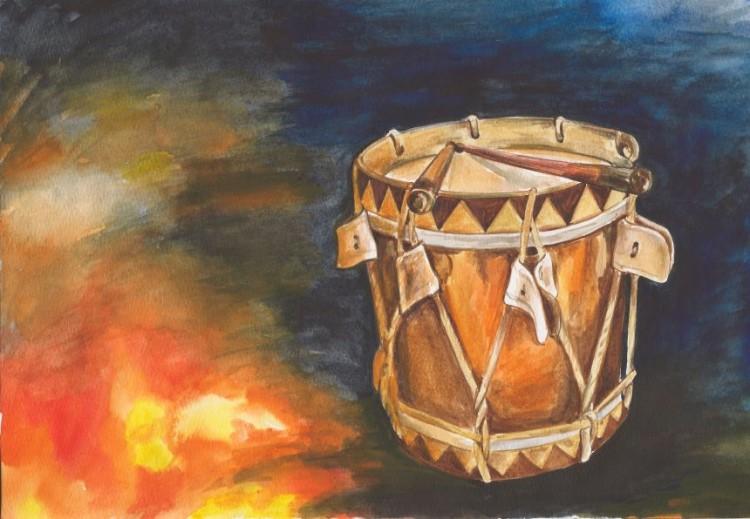
Liza Voronin/The Epoch Times
The Drum
I hate that drum’s discordant sound, Parading round, and round, and round: To thoughtless youth it pleasure yields, And lures from cities and from fields, To sell their liberty for charms Of tawdry lace, and glittering arms; And when Ambition’s voice commands, To march, and fight, and fall, in foreign lands.
I hate that drum’s discordant sound, Parading round, and round, and round: To me it talks of ravaged plains And burning towns, and ruined swains, And mangled limbs, and dying groans, And widow’s tears, and orphan’s moans; And all that Misery’s hand bestows, To fill the catalogue of human woes.
—John Scott (1731–1783)
The war drum is pounding. Does it ever stop? The drum pounded for John Scott, who lived through long forgotten conflicts such as the Seven Years War between Britain and France (possibly the first global war as it drew in America, India, and Russia) and it pounds for us today. Conflict blares into our living room the moment we turn on the television—along with the claim that we must take sides and fight.
